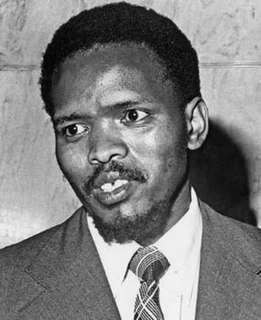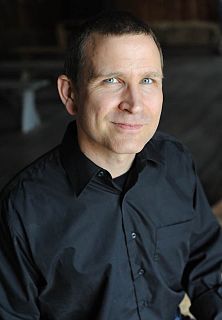A Quote by John Greenleaf Whittier
The laws of changeless justice bind oppressor and oppressed; and, close as sin and suffering joined we march to fate abreast.
Related Quotes
Genocide has two phases: one, destruction of the national pattern of the oppressed group; the other, the imposition of the national pattern of the oppressor. This imposition, in turn, may be made upon the oppressed population which is allowed to remain or upon the territory alone, after removal of the population and the colonization by the oppressor's own nationals.
How can the oppressed, as divided, unauthentic beings, participate in developing the pedagogy of their liberation? Only as they discover themselves to be 'hosts' of the oppressor can they contribute to the midwifery of their liberating pedagogy. As long as they live in the duality in which to be is to be like and to be like is to be like the oppressor, this contribution is impossible. The pedagogy of the oppressed is an instrument for their critical discovery that both they and their oppressors are manifestations of dehumanization.
Every time I sit down to eat, I cast my lot: for mercy, against misery; for the oppressed, against the oppressor; and for compassion, against cruelty. There is a lot of suffering in the world, but how much suffering can be addressed with literally no time or effort on our part? We can just stop supporting it, by making different choices.
The Savior's suffering in Gethsemane and His agony on the cross redeem us from sin by satisfying the demands that justice has upon us. He extends mercy and pardons those who repent. The Atonement also satisfies the debt justice owes to us by healing and compensating us for any suffering we innocently endure.
It would be hard to find a single example in history in which a group that cast more than 50 percent of the vote got away with calling itself the victim... Women are the only 'oppressed' group to share the same parents as the 'oppressor'; to be born into the middle class and upper class as frequently as the 'oppressor'; to own more of the culture's luxury items than the 'oppressor'.
There is such a thing as the freedom of exhaustion. Some people are so worn down by the yoke of oppression that they give up. [...] The oppressed must never allow the conscience of the oppressor to slumber. [...] To accept injustice or segregation passively is to say to the oppressor that his actions are morally right.
Repentance is being sorry enough to quit your sin. You will never know the forgiving mercy of God while you are still wedded to your sins. Repentance is the soul's divorce from sin, but it will always be joined to faithRepentance that is not joined to faith is a legalistic repentanceProfessed faith that is not joined to repentance is a spurious faith, for true faith is faith in Christ to save me not in but from my sin. Repentance and faith are inseparable, and 'unless you repent you will all likewise perish' (Luke 13:3).







































